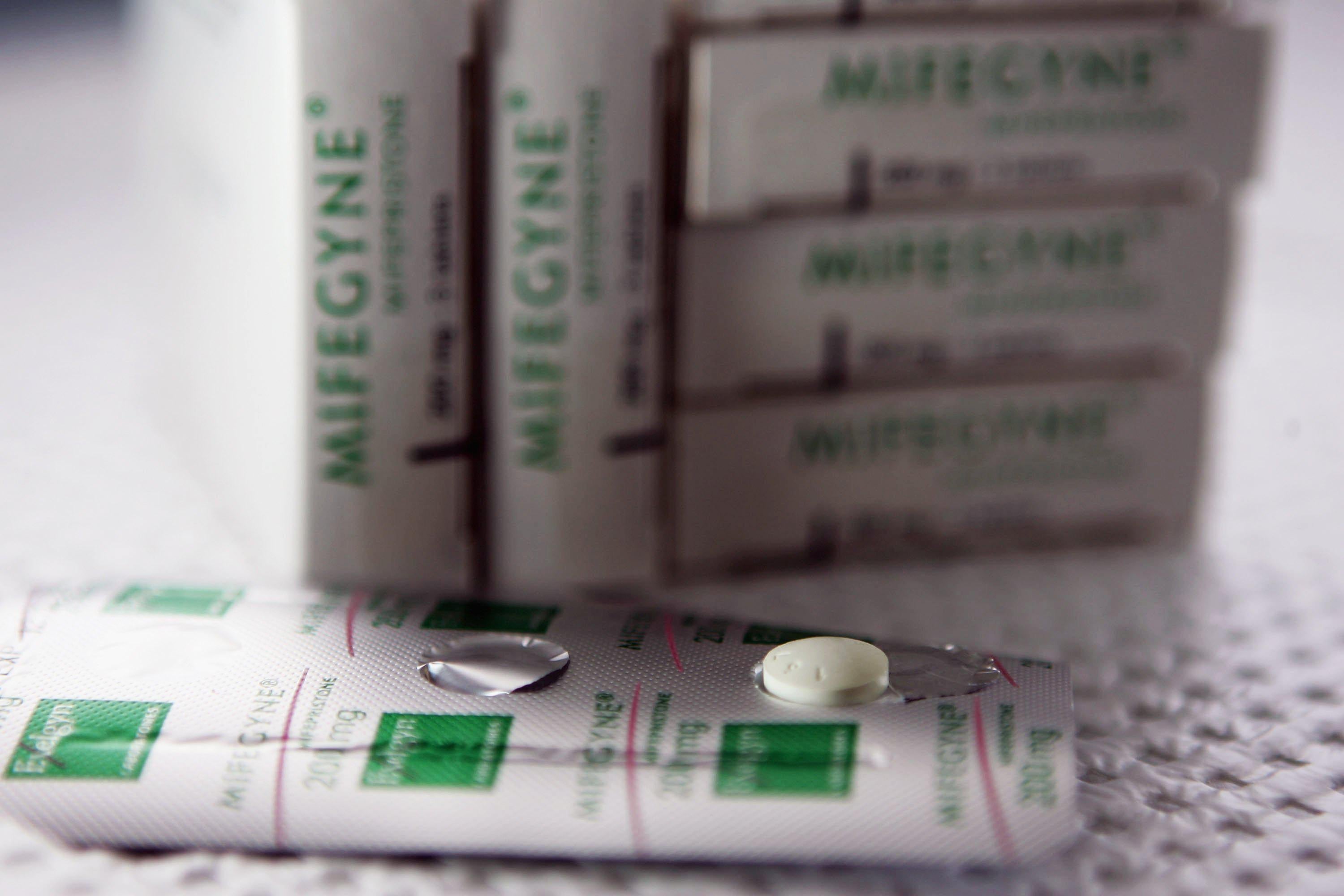It’s an inescapable fact: Making abortion harder to access means forcing women to go to greater lengths to end their pregnancies. Given the way laws in many states are tightening, that sometimes means going back to the days of abortions that may not be strictly legal. These days, it’s not so much coat hangers and back alleys as taking the Food and Drug Administration–approved drugs that induce pregnancy loss through cramping and bleeding. The medication is generally safe and effective (though like every drug, it carries a warning label). But in this country, if you take it without a prescription or a doctor’s supervision, you can be on the wrong side of the law.
That’s the backdrop for a local news report that Jennifer Whalen, a 38-year-old mother in Washingtonville, Pa., was charged in December with felony and misdemeanor counts for ordering the abortion medication misoprostol and mifepristone online for $45. Whalen got the drugs for her 16-year-old pregnant daughter back in January 2012. She said she couldn’t find an abortion clinic nearby, she didn’t want to go out of state, and she didn’t know she needed a prescription for the drugs. The felony count Whalen faces is for “medical consultation and judgment”; the misdemeanors are for not being licensed as a pharmacist, endangering the welfare of a child, and “simple assault.” Whalen, who is out on bail, isn’t the first to be arrested for a DIY medication abortion. The same thing happened to a mother of three in Idaho in 2012 who took RU-486 (now known as Mifeprex) when she was as much as 20-weeks pregnant.* She said the closest clinic was hours away, would have charged $500, and because of state law, required multiple trips. You can read more examples here.
Under proper supervision, misoprostol, which initially won FDA approval for reducing gastric ulcers, is a globally recognized means of ending an unwanted pregnancy. Taken with mifepristone, misoprostol becomes more effective and produces fewer side effects. Women in Latin America, Africa, and other places where surgical abortions are harder to come by have used the drugs quietly for years. And in the United States, the rate of medication abortion is rising even as the rate of abortion overall has fallen. (The decrease is true in states that have not imposed increasing restrictions on abortions as well as those that have and predates the latest round of restrictions, suggesting it stems from increased use of contraception, not shutting down clinics.)
The question is how far into a pregnancy women can safely take this medication on their own. In this country, the FDA protocol, approved in 2000, goes up to only nine weeks. It’s probably safe for weeks beyond that gestation date, however. The question is: How safe, under what circumstances, and with what supervision? That’s become one of the battles in the new wave of state legislation, with 14 states requiring the doctor to be in the room when a woman takes it (rather than listening in by phone or teleconference while a nurse or midwife sees the patient).
While those laws and other restrictions on medication abortion are being challenged in court, women are voting for medication abortions with their feet. Read Lindsay Beyerstein’s instructive piece in the New Republic on “miscarriage management”—the euphemism in Texas for women crossing the border into Mexico (where Beyerstein bought a box of misoprostol for $38.50) and heading home to take it.* In Texas, no one has been prosecuted for that, as far as I know. But Beyerstein rightly raises questions about drug purity and the care women receive if they have complications. Are we reverting back to a world in which abortion is conducted more and more away from the medical mainstream, with secrets and whispers?
Even more troubling is the prospect Whalen’s arrest raises: that women will go to prison for seeking to end pregnancies, or, in Whalen’s case, aiding their daughters. As Robin Marty pointed out, abortion opponents shy away from this end result. She quotes the group Priests for Life: “We’ve never called for punishment for the women who have abortions.” But when you make surgical abortions harder to get, and more women opt for DIY medication abortions, some of them will be prosecuted. That’s the sad and scary lesson of this case.
*Correction, Feb. 19, 2014: This post incorrectly stated that RU-486 is the morning after pill. It is not. It also suggested that Lindsay Beyerstein took misoprostol. She purchased it but did not take it.
